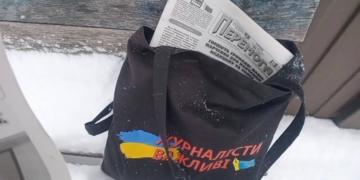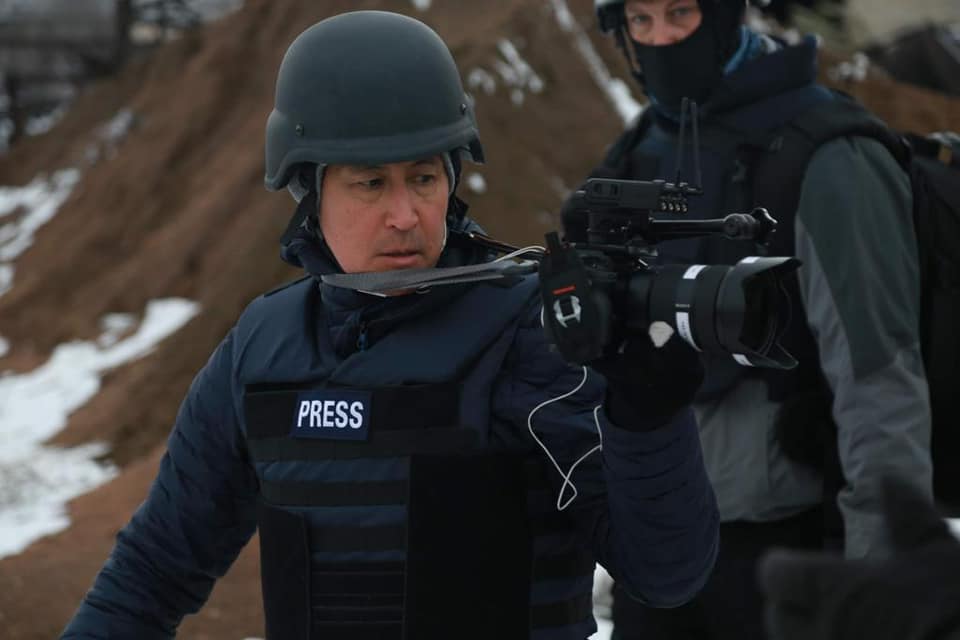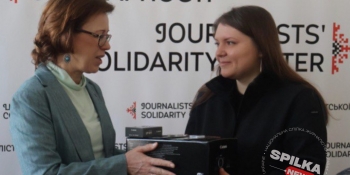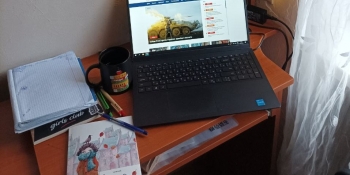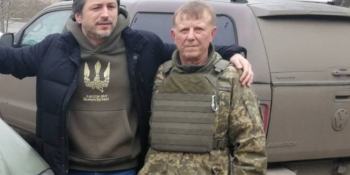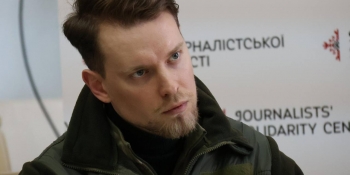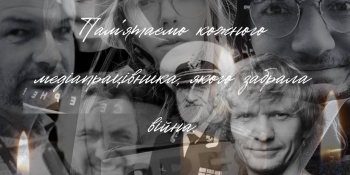After constructive consultations that took place last week with the participation of representatives of the Presidential Office, Defense Ministry, and the General Staff of the Armed Forces of Ukraine, experts of the National Union of Journalists of Ukraine (NUJU), the Academy of the Ukrainian Press and the Information Security non-governmental organization sent a number of proposals to the military-political leadership of Ukraine taking into account the practical experience of media activity.
Representatives of the journalist community note that the issue of covering combat operations and successes of the Armed Forces of Ukraine is indeed very complex and multi-component. At the same time, it should not be forgotten that the information front of the Russian-Ukrainian war is important. Hundreds of Ukrainian and foreign journalists risk their lives every day to provide the world community with objective information about the war in Ukraine. Thereby, they help fight against powerful Russian propaganda, which complements the military arsenal of the occupation country.
Undoubtedly, the actions of journalists working in the territory of Ukraine should not contradict the security norms dictated by the martial law. It was for this reason that the process of accreditation of journalists by the Armed Forces of Ukraine was launched. But after months of long-term cooperation between the military and journalists, it became clear that some processes needed updating.
Therefore, representatives of journalist organizations submitted the following proposals to the Ministry of Defense of Ukraine, the General Staff of the AFU, and Adviser to the Head of the Presidential Office Mykhailo Podoliak:
1. Shorten the period for consideration of applications for accreditation (up to 7 working days).
2. Simplify the mechanism for access to the de-occupied territories without the escort of press officers for all accredited journalists a week after the liberation of the territories subject to compliance with security rules.
3. Develop a mechanism of work on the first front line (including under the condition of the presence of a press officer).
4. Develop a unified accreditation procedure for work in the regions. Or completely stop the practice of “local” accreditation, as it duplicates accreditation from the AFU.
5. Resume the accreditation of all media persons who covered the events in Kherson.
6. Support the work of local mass media journalists in the de-occupied territories.
In turn, journalist organizations are ready to provide support in the development and practical implementation of all the above provisions.
NUJU Information service





